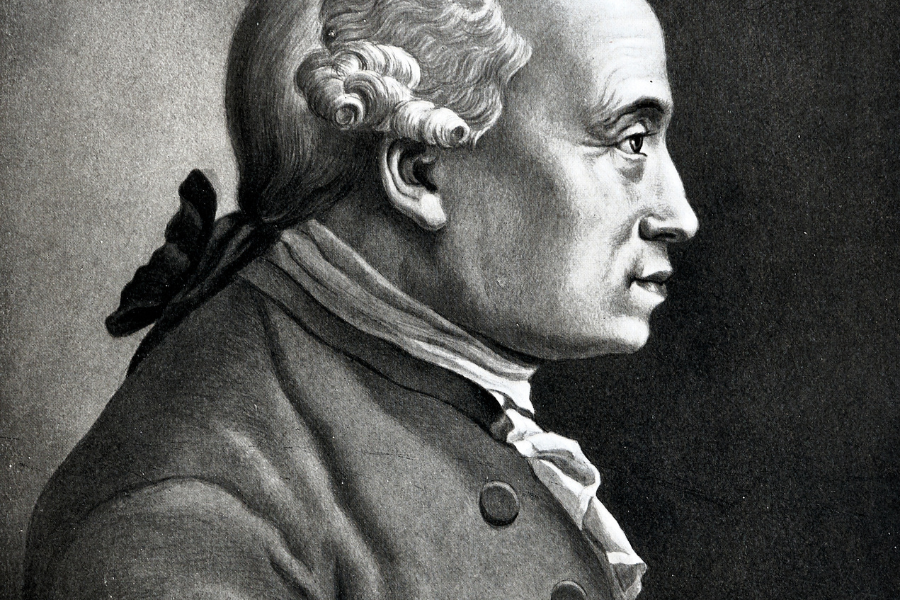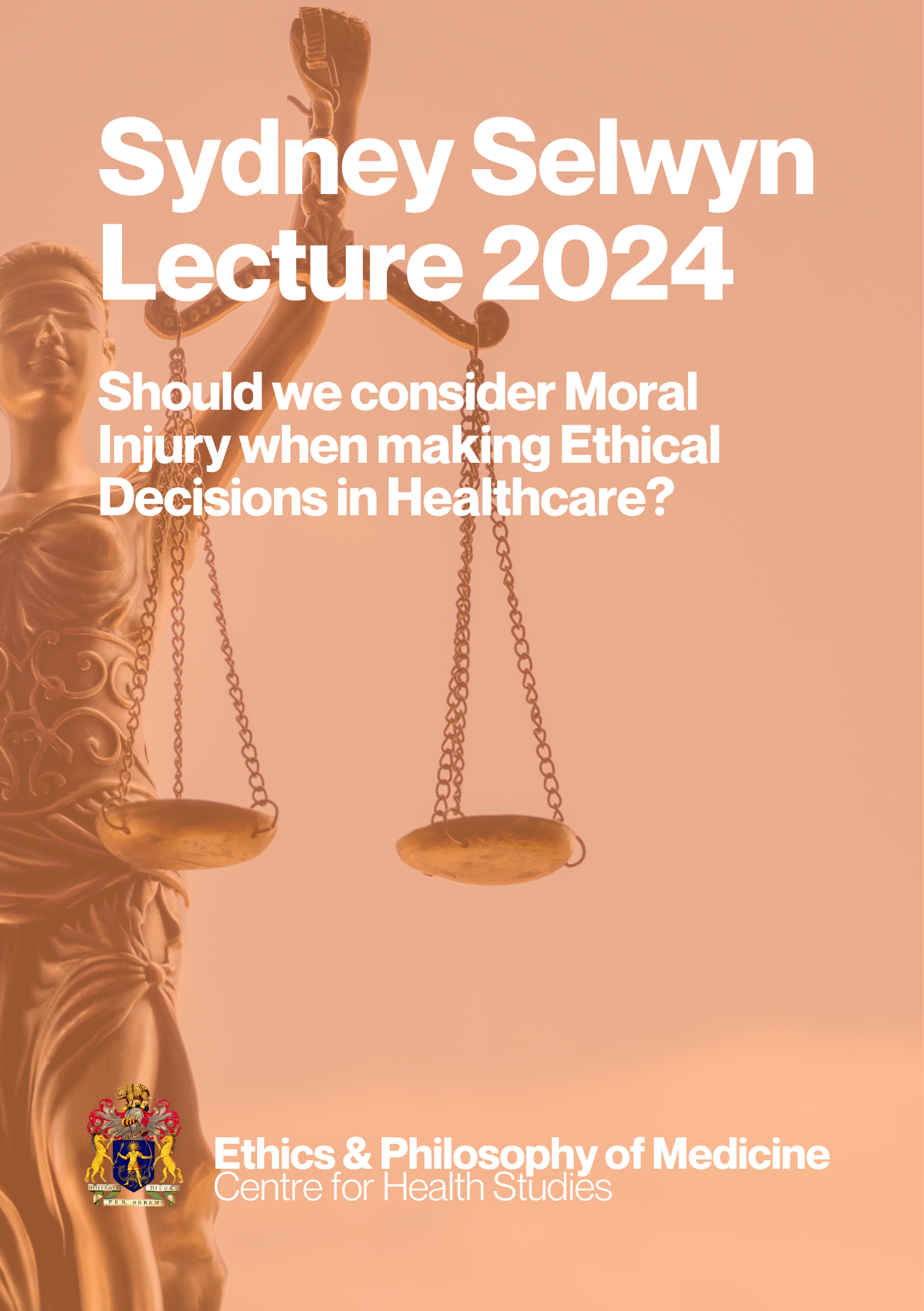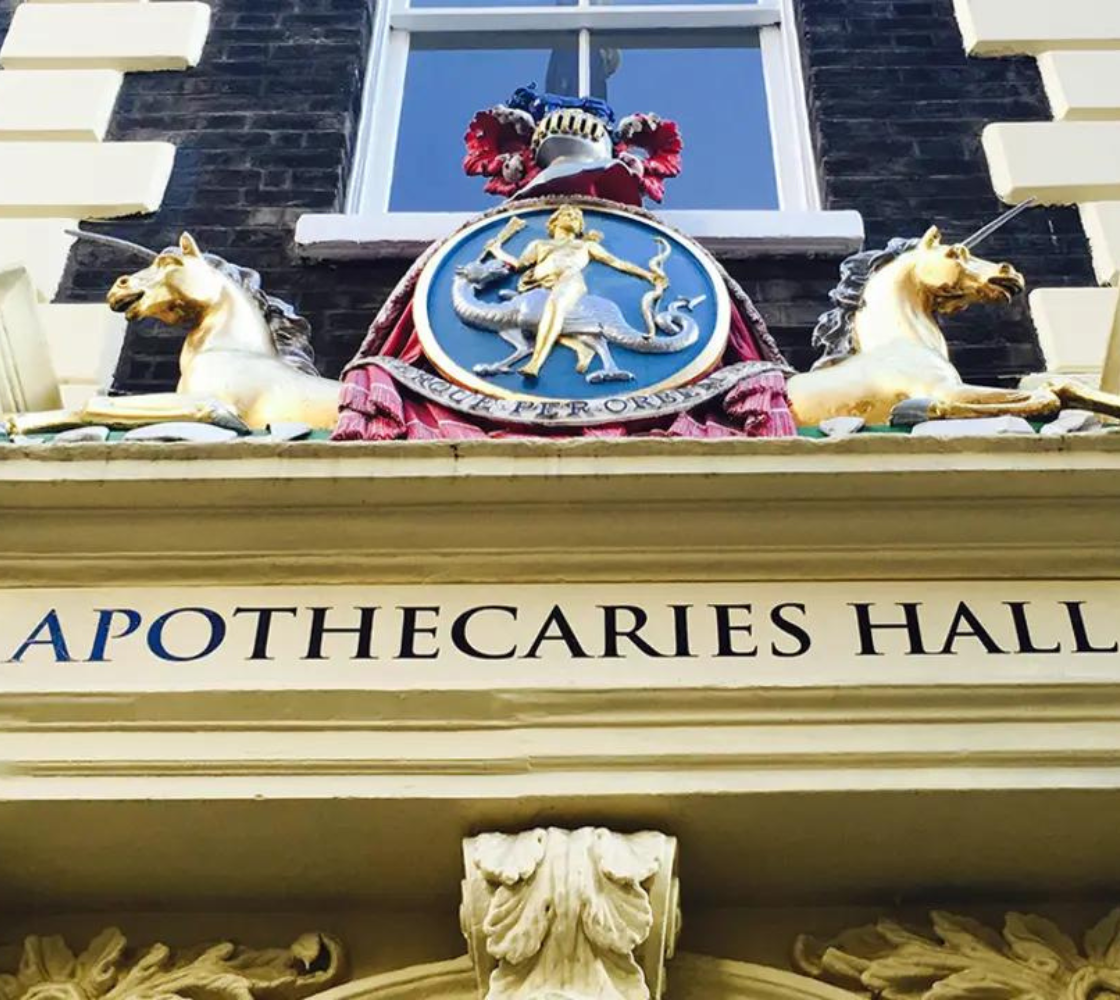Ethics & Philosophy of Medicine
A journey into the ethics of healthcare practice that begins with theoretical foundations

About the Course
The oldest of its kind in the UK, the Ethics & Philosophy of Medicine course explores the key philosophical aspects of contemporary medicine.
Beginning with an introduction to western philosophy, the course looks at how theoretical foundations relate to healthcare settings and how we can use critical thought to identify and think through modern healthcare issues.
- 36 unique sessions delivered by 21 leading lecturers, lawyers and bioethicists
- 65+ hours of teaching, 35 of which delivered remotely via Zoom
- 80-90 hours of study, covering medical history from c.350BCE to present day
- Exclusive access to an academic community of published medics and philosophers and like-minded learners
Participants in the course will draw upon philosophical theories, clinical cases and seminal legal issues to demonstrate the live ethical and broadly philosophical challenges of modern healthcare and medicine.
Taught at a postgraduate level, the Ethics & Philosophy of Medicine course is designed for both newcomers looking to explore the field and for established scholars aiming to expand their expertise in the philosophy of medicine and bioethics.
The course aims to provide a uniquely enriching experience, taught in a way that is accessible to all, including those who have limited experience of philosophy or those who may not be healthcare professionals.
Course participants will experience an immersive educational journey filled with lectures and hands-on sessions, and will also receive exclusive access to historical medical collections.
Course days take place outside of the working week, with seven of the fifteen sessions happening remotely.
All sessions are recorded and participants can learn at their own pace from anywhere in the world.
Over the course of 80-90 hours of study, the Ethics & Philosophy of Medicine course covers the big questions ranging from c.350 BCE to the present day.
Experts from across academic disciplines and institutions will be on hand to deliver sessions and online materials including some of the following topics:
- The Ethics of Medical Research
- Philosophy at the End of Life
- The Historical Development of Human Rights and Human Rights Today
- The Philosophy of Medicine in the Third Reich
- Ethics and Sociology of Genetic Testing
- Racism and Decolonisation in Medicine
- Pandemic Ethics
Whether you’re at the start of your career and looking to develop your critical thinking, a mid career-clinician seeking to explore your own moral questions, or a retired healthcare professional aiming to re-engage with education, the Ethics & Philosophy of Medicine course has something for you.
The course teaches ethics from the unique view of moral philosophy, an unapologetically unusual niche that appeals to some and benefits many. It is morality applied, feeding into the ethical capital of the UK medical system.
We hope that course participants come away with an appreciation of the richness of western philosophy and its application to medicine and the values and reasoning that underpin healthcare.
What our students and lecturers say
"The Philosophy course should carry a health warning – it is quite addictive and will change your way of thinking"
"I think the topics and ideas covered by the course would be relevant to every area of medical practice"
"Those that take the course will gain appreciation of the richness of western philosophy applied to medicine."
Course timetable
The current course takes place on 15 Saturdays from September 2025 to June 2026, delivered both online and in-person at Apothecaries’ Hall in London. The 2026/27 course will take place on 15 Saturdays from October 2026 to June 2027.
Click here to see the programme for 2025-26
The content for 2026/27 will be broadly similar, although course dates are yet to be confirmed. A full programme will be released by early Spring.
If you'd like to get a taste of the course, why not sign up to attend our Ethics and Philosophy of Medicine Showcase Day on the History of Human Rights, on Saturday 11 April 2026 at Apothecaries' Hall. Click the button below to find out more.
October
- Overview of Course: An Introduction to Philosophy & Medicine in Healthcare
- How to write an ethics case vignette
- Critical reasoning in health care ethics
- Values and Shared Decision Making
- Case vignette presentations and discussions
November
- Three main normative theories of ethics: Utilitarianism
- Is there a Philosophy of Health?
- Contractarian Ethics - Ancient and Modern
- The Ethics and Philosophy of Public Health
December
- Three main normative theories of Ethics: Kant and Deontology in Medicine
- Truth Telling and Deceit
January
- The Four Principals of Biomedical Ethics
- Justice and Resource Allocation
- Abortion and Personhood
- Autonomy, Consent and Confidentiality
February
- The Philosophy of Science
- The Ethics of Medical Research
- The Philosophy of Evidence-based Medicine
- Three Main Normative Theories of Ethics: Virtue Ethics
- The Moral Basis of Professionalism - Exploring Narrative, Character and Expertise
March
- Racism and Decolonisation in Medicine
- The Moral Basis of Professionalism - Exploring Narrative, Character and Expertise
- Nietzsche against Aristotle: Philosophical Contributions to the Concept of Illness
- Philosophy at the End of Life
April
- The Historical Development of Human Rights and Human Rights Today
- Some Historical Aspects of Post-War UK Medical Ethics
- The Philosophy of Medicine in the Third Reich
- Ethico-legal aspects of Reproductive and Genetic Technologies
- Ethics and Sociology of Genetic Testing
May
- Symposium: Disruption with in Bioethics
- Selwyn Lecture Semi-Final: Short Student Lectures and Discussions
June
- Teaching and Learning Medical Ethics
- Revision ‘Pub Quiz’ and Course Overview
The Sydney Selwyn Lecture
Since 2004, the Society has organised the Sydney Selwyn lecture, which is presented by the best candidate in the Diploma in the Philosophy of Medicine examination.
Professor Sydney Selwyn (1934-1996) was a medical microbiologist and bacteriologist, bone marrow transplant pioneer, and world-class expert in the history and development of medicine.
Originally from Leeds, Selwyn studied at the University of Edinburgh Medical School before becoming one of the youngest-ever visiting professors for the World Health Organization (WHO).
He would later become Professor of Medical Microbiology at Westminster Medical School and Charing Cross Hospital Medical School, as well as an honorary archivist and Fellow (FRCPath) at the Royal College of Pathology where he also served as President of the Faculty of History and Philosophy of Medicine and Pharmacy president of the Medical Sciences Historical Society.
Selwyn was a Liveryman for the Worshipful Society of Apothecaries and Director of the Society's Diploma of the History of Medicine at the Society of Apothecaries (DHMSA).
Previous winners include Dr Richard Armitage, Dr Kathryn Millard and Dr Lotte Elton.
The 2025 Sydney Selwyn Lecture was delivered by Dr Monica Aquilina in November.
How to apply
Applications for 2026-27 (to start in October 2026) will open on our website at 09:00, Friday 30 January 2026
You can still purchase a 'drop in' place to attend a selected day from the 2025-26 programme for the standalone fee of £105 (maximum 3 days per year). Email us for more details. Terms and conditions apply.
Payment is made online via our website. You will then gain access to our online learning platform to complete your application and view your learning materials.
Student rates apply to those registered on a full or part-time undergraduate, postgraduate or other course of study as of 27 September 2025. You will be asked to provide proof of enrolment in your application form.
- Full price: £1,215
- Student price: £735
- Drop-in price: £105 per day
Please note: We can accept this payment in two interest-free instalments, the second instalment payable on or before the first course day in October 2026
Contact Matthew Scudder at AcademicTraining@apothecaries.org or on 020 7236 1180 (x-212) for more details.
Diploma in Philosophy of Medicine (DPMSA)
If you want to continue your journey into the ethics and philosophy of medicine after completing this course, you may wish to consider the Diploma in Philosophy of Medicine (DPMSA).
The Diploma is designed as a postgraduate qualification primarily for members of the healthcare professions, intended to indicate familiarity with contemporary issues in the philosophy of medicine and in particular with philosophical and theoretical aspects related to the practice of medicine and healthcare.
Contact
Academic Department
Centre for Health Studies, Apothecaries' Hall, Black Friars Lane, London EC4V 6EJ
e: AcademicTraining@apothecaries.org


















